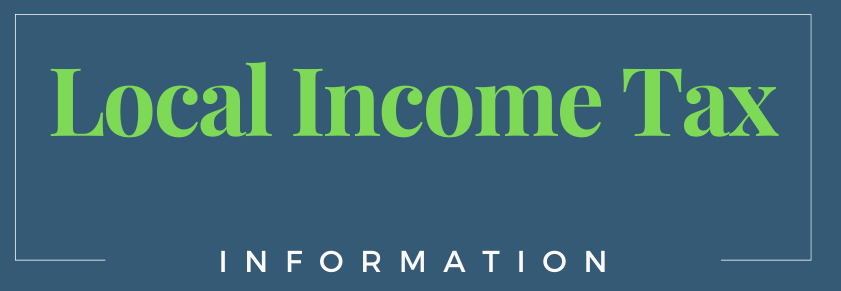How Planning Can Help Pay Off Tax Debt
One of the hardest – but most important – parts of paying down debt is coming up with a plan. This is true for all debts, including tax debt. If you owe a lot of money to the Canada Revenue Agency (CRA), it can sometimes seem almost impossible to pay it back. Tax debt can be even more difficult to pay off than other debts since the CRA charges compound daily interest on all outstanding amounts. This means the longer you take to pay off the debt, the more you’ll owe.
The situation is complicated further by CRA policies and the organization’s strong collection powers.
First off, the agency will never agree to a payment plan that sees it receive less than the total amount of tax debt owing. In some specific cases, the CRA will agree to waive or reduce interest and penalty charges (such as for those experiencing several financial hardships or in situations where people are unable to pay tax debt due to circumstances beyond their control), it won’t ever agree to take less than the full amount during a negotiation.
This is different than other creditors who may be willing to accept a portion of the amount owing rather than risk having someone default on a loan.
A big reason why the CRA isn’t willing to take less is that the agency has very strong collection powers.
If you owe tax debt and do not pay your debt or cooperate with the CRA by agreeing to a payment plan, the agency can garnish your wages, freeze your bank account, seize your assets, and more. Obviously, no one wants those actions to take place, so it’s important to create a plan that will help you pay your tax debt.
Planning to Pay Your Tax Debt
Any plan to pay off debt should begin with looking at your budget, and tax debt is no different. If you don’t have a budget, you’ll need to make one. Not only can a budget help you pay your debt, but it can also prevent you from overspending.
Most expenses can be broken down into two categories:
- fixed costs and
- variable costs.
Fixed costs are ones that you don’t have much control over, such as your car loan or your rent or mortgage.
Variable costs are ones that you can adjust to a degree, such as money spent on food or entertainment. If you want to pay off your tax debt, you will probably want to start by reducing your variable costs.
Look for places in your budget where you can save money. For instance, while you need to buy food every week, you can spend less by shopping at the grocery store and cooking at home than if you’re eating out several times a week. The more cuts you can make to your budget, the more money you’ll have to put towards debt repayment.
It’s also important to track your spending.
It’s very easy to spend money without thinking about it and that means it’s also very easy to overspend. When you track your spending, not only will you learn exactly where your money is going, but it will also make you more conscious of every purchase so you’ll be less likely to buy things you don’t need.
Tax Debt Help
If you’ve made your budget and cut as many costs as possible and you’re still not able to pay off your tax debt, there are a few other options to consider.
As mentioned, the Canada Revenue Agency may agree to a payment plan that will allow you to pay your tax debt in monthly payments rather than a lump sum. Before the agency agrees to this, an agent may ask you to show your budget and prove that you tried to pay your debt by cutting costs.

vertex32 A vertex42 budget planner example
Setting up a Debt Management Solutions:
- Start by building up your Excel or Google Sheets Spreadsheet
- Chose your debt management plan
- See if you can negotiate your best lower interest rate
- Make extra payments when you can afford it to the lowest credit card or line of credit balance
- Then, it comes to your personal budget: lower your expenses
- Finally: Track all your credit report, monitor it and check your progress
Setting up your free budget in Google Sheets (very simple method)

From there you select Google Sheets

Select Monthly Budget from Google Sheets

Or create your own custom Google Sheets for your Debt Expenses.
Debt Settlement Resources & Articles
New – What is Surplus Income Payments | 2023
Your Surplus Income Can Determine The Length Of Your Bankruptcy. Your bankruptcy trustee takes a lot more into account than simply your paycheque.
How to Create a Monthly Budget: A Comprehensive Guide
Finding a Tax Lawyer Toronto & Area Introduction Budgeting is an essential tool for managing personal finances and achieving financial goals. Creating a monthly budget helps you understand where your money goes and identifies...
Finding a Tax Lawyer Toronto & Area
When you need a tax lawyer in Toronto and how to find one that can solve your tax problem
Help with your financial needs


